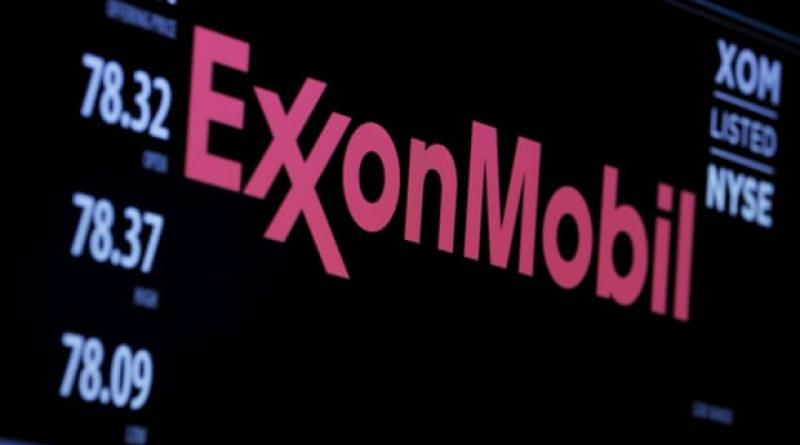How oil companies rebranded deceptive climate ads as ‘free speech’

In two dozen climate liability cases, companies are arguing that their public statements about climate change are not ‘deceptive’ so much as persuasive – and protected free speech
On 24 October 2019, Maura Healey, the attorney general of Massachusetts, sued ExxonMobil for “deceptive advertising” and for “misleading Massachusetts investors about the risks to Exxon’s business posed by fossil fuel-driven climate change”. It was the culmination of an investigation Healey had launched in 2016 looking into how Exxon allegedly misled the public about climate, decades after its own scientists had briefed the company on the realities of the issue.
This week, the Massachusetts supreme court is hearing arguments related to that case – but not about Exxon’s actions decades earlier. Instead, the oil company wants the courts to decide whether Healey violated its first amendment rights by bringing the suit in the first place.
With all of its other legal options exhausted, Exxon’s efforts to stop this case hinge on the one last complaint: invoking Massachusetts’ anti-Slapp statute. Slapp stands for Strategic Lawsuits Against Public Participation, and statutes against such legal claims originated out of efforts to protect the press and civil society groups from corporations that wanted to silence critics. In recent years, however, it’s become increasingly common for corporations to invoke anti-Slapp laws instead to protect their first amendment rights.
The anti-Slapp argument has become a go-to strategy in US climate litigation. In some two dozen climate liability cases, in which counties, cities and states are asking oil companies to pay their share of climate adaptation costs, the oil company defendants have argued that their public statements about climate change were not “deceptive” so much as persuasive. They describe their ads, op-eds and public appearances discouraging climate action as “petitioning” statements, turning them into political speech that is protected by the first amendment.
Never before published internal documents from Mobil Oil reveal that company executives created the framework of corporate free speech back in the late 1960s and early 1970s. The argument arose out of a situation not unlike the one playing out today, with war driving up prices at the pump and oil companies wanting desperately to change the public’s perception of their industry.
The longtime Mobil VP of public affairs, Herbert Schmertz, and then CEO, Rawleigh Warner, came up with an idea to help them wrestle back control of the narrative and win over the public: using Mobil’s PR and advertising budget, they would create “idea advertising”, also known as “issue” or “advocacy” advertising, to push the company’s take on key issues of the day and to create the sense of Mobil as a citizen, with a distinct personality.
In a 1971 strategy document explaining the reasons for this approach, Schmertz wrote: “We expect consumers increasingly to factor their notions of a company’s social responsiveness into their decisions about buying its products and stock.” In an interview about the strategy a few years later Schmertz explained, “Legislation does not develop in a vacuum. It grows out of public attitudes and mirrors public beliefs. When it comes to matters of energy, the oil industry tends to be viewed as the villain.”
By 1970, Mobil began running weekly advertorials in the New York Times presenting the company’s point of view and, as Schmertz put it, “trying to explain the energy industry to the American people”. But the ads weren’t just policy stances – Mobil also used the space to develop what Schmertz called its “corporate persona”, where the company openly supported everything from public transit to the arts and educational programs.
Author: Amy Westervelt
Photograph: Lucas Jackson/Reuters






